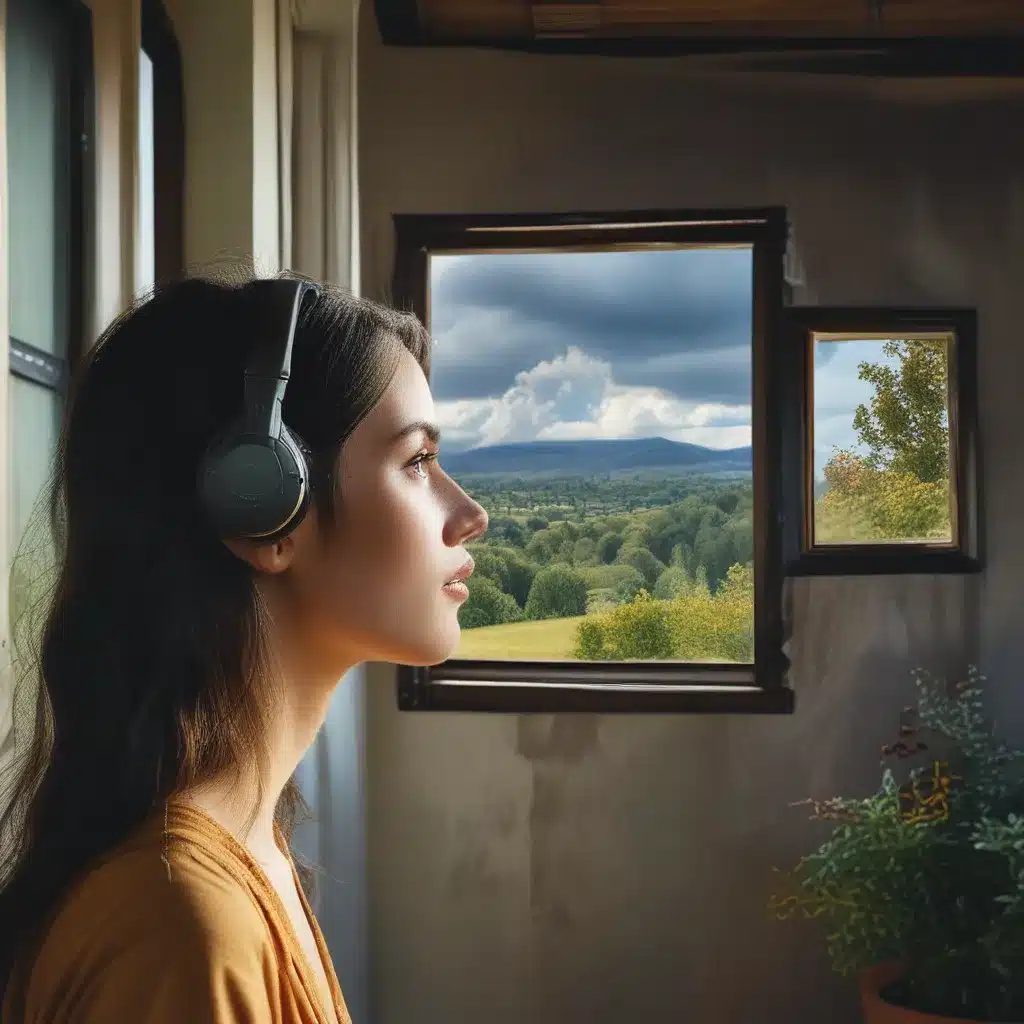
Navigating the Infinite Library of Literature
If you’re anything like me, the idea of not having read certain literary classics can stir up a peculiar sense of shame. Those nagging voices in our heads, the ones that whisper, “How could you not have read Ulysses?” or “You call yourself a reader and you haven’t even touched War and Peace?” – they can be relentless.
I used to be plagued by this feeling, this overwhelming sense of inadequacy in the face of literature’s towering canon. But then I stumbled upon a quote from the brilliant Italo Calvino that completely shifted my perspective. He wrote, “All that can be done is for each of us to invent our own ideal library of our classics.” Suddenly, I realized that the true shame lies not in the books we haven’t read, but in the weight we give to other people’s opinions of what should occupy our literary landscape.
You see, I’ve come to believe that our relationship with literature, much like our relationships with other people, is deeply personal. The books that haunt us, that move us to tears or laughter, are often the ones that intersect with the contours of our own lived experiences in unexpected ways. For me, it was discovering Homer’s “The Odyssey” during a particularly disorienting period of my life, when I found myself shipwrecked in the Midwest, far from the sunny shores of my past.
A Shipwreck in the Midwest
You see, I had left North America for Spain, intent on never returning, only to find myself landed back on the shores of the Third Coast, surrounded by the vast, fertile plains of soy and corn that unfold as far as the eye can see. It was a strange and unexpected journey, one that left me feeling emotionally adrift, unsure of how I had arrived in these unfamiliar waters.
And that’s when I stumbled upon “The Odyssey” – a tale of loss, reckoning, and the disorienting experience of being blown off course, arriving at the most unexpected shores. As I delved into the story of Odysseus’ perilous journey home, I couldn’t help but see parallels to my own strange voyage across Europe and North America. Just like the exiled hero, I found myself longing for a place to call home, unsure of where that elusive place might be.
Weeping and Wandering
In those early days of my Midwest sojourn, I wept incessantly. Some tears were shed in longing for the balmy air of Barcelona, others for the streets and sounds of Florence, where I had previously found myself living. Unlike those picturesque cities, South Bend, the place I now called home, was no open-air museum. It was a rust belt city, dotted with abandoned warehouses and homes with blown-out windows, a place still recovering from financial collapse.
The Midwest, I quickly learned, is an inspired but scarred landscape, haunted by the legacy of racism and segregation, marked by rampant poverty. Here, the pain of our great human failures is not masked by exquisite architecture, but rather by that well-known brand of Midwestern politeness – the ability to look the other way, practiced so often and with such diligence that it has been raised to an art form.
Finding Solace in the Pages of a Classic
And so, like Odysseus, I found myself weeping on the proverbial beach, wrenching my heart with sobs and groans, gazing out over the barren landscape through blinding tears. It was in these moments of profound disorientation and longing for home that I discovered the power of literature to provide solace and insight.
As I delved deeper into the pages of “The Odyssey,” I found myself drawn to the ways in which the story echoed my own journey – the shipwrecks, the digressions, the narrow escapes from death, the arrival at unexpected shores. And just as the tale was told and retold by a varying cast of characters, I too began to find solace in the act of recounting my own story, of giving shape to the memory of my wanderings through the medium of language.
The Resonance of a Classic
What I have come to understand is that for a great book to have a lasting impact on us, the circumstances of our lives must have ripened for the encounter. The frequency of our character must be calibrated to that of the book, and it is only then that the story can truly take root and transform our consciousness.
And so, while I may still feel a twinge of shame when confronted with the vast expanse of literature I have yet to explore, I no longer allow that feeling to weigh me down. Instead, I take comfort in the knowledge that the books that will resonate most deeply with me are the ones that find me at the right moment, the ones that speak to the contours of my own lived experience in ways that feel almost uncanny.
Cultivating an Ideal Library
As Calvino so wisely observed, “All that can be done is for each of us to invent our own ideal library of our classics.” And so, that is precisely what I have set out to do. My library is a living, breathing thing, constantly evolving as I navigate the infinite possibilities of literature, guided not by the expectations of others, but by the whispers of my own heart.
In this library, you will find not only the books I have read and loved, but also those that I have yet to encounter – the ones that will one day surprise me, challenge me, and perhaps even change the very course of my life. Because in the end, that is the true power of literature – not to confirm what we already know, but to open us up to the infinite possibilities of what we might yet discover.












